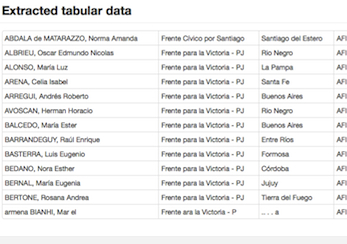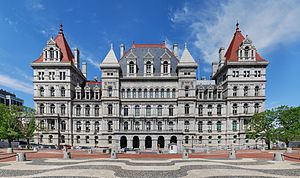I first learned of Google App Inventor’s existence through David Pogue’s New York Times column. Over the summer, Pogue reported on his experiences using an early beta version of this then invite-only software.
As a former user of visually-oriented rapid development environments, I had a good sense of what the Googlers had come up with.
So it was fun to read how Pogue, no technical slouch by any means, and an expert assistant (his 13-year old son), struggled with this early, glitchy release of Inventor.
Pogue decided that App Inventor was not, in the words of Google’s marketing team, “programming for the masses.”
Based on a long afternoon’s work with the new public release of App Inventor, I would describe it as follows: “a lightweight Android development environment that lets programmers, students, hobbyists, corporate IT-types, and others in this demographic install a simple app onto a smartphone.”
I can see why Google went with their more enticing call to action slogan. Continue reading
 I missed the New York Tech Meetup on Tuesday and didn’t get to hear a presentation from the New York State Senate’s information officers.
I missed the New York Tech Meetup on Tuesday and didn’t get to hear a presentation from the New York State Senate’s information officers.


 Another weekend, another hackathon. But the one that was just held in Seatle concerned itself with Gov 2.0 projects. And Technoverse favorite Tropo was there, along with open data service provider Socrata.
Another weekend, another hackathon. But the one that was just held in Seatle concerned itself with Gov 2.0 projects. And Technoverse favorite Tropo was there, along with open data service provider Socrata.